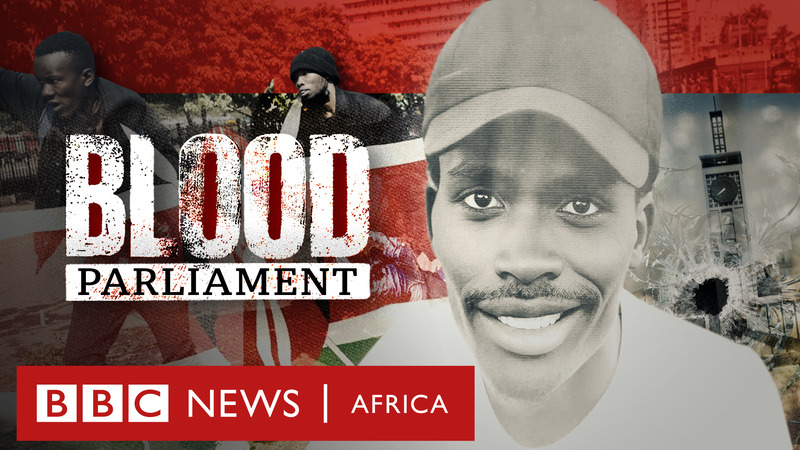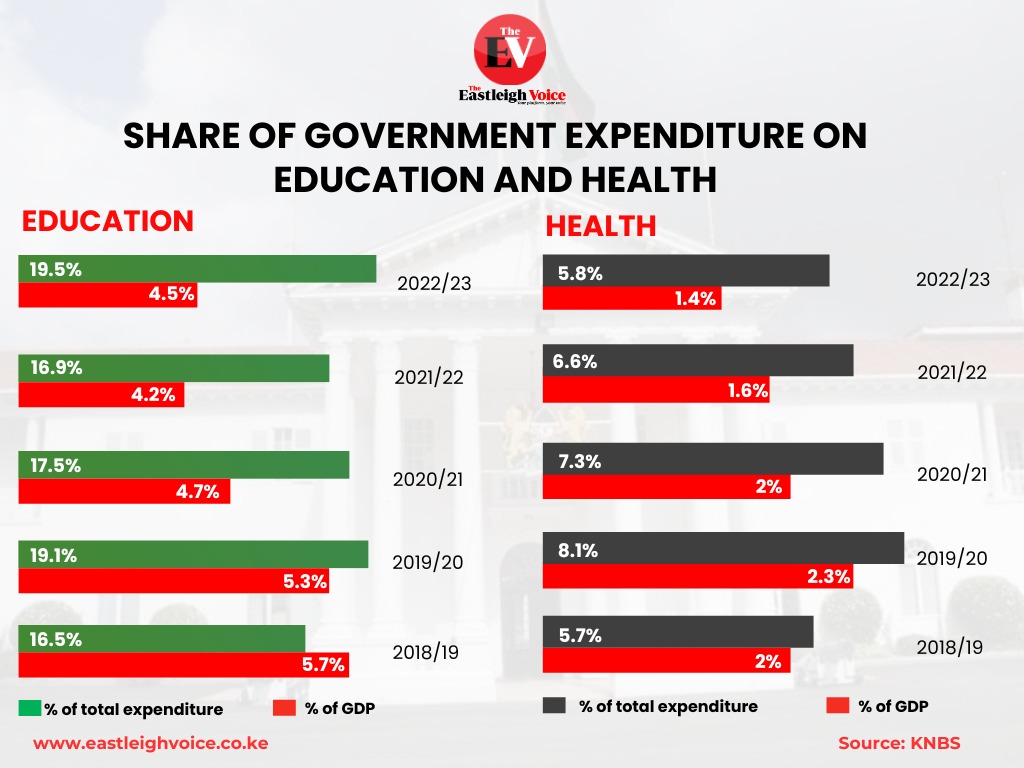Filmmakers behind BBC’s ‘Blood Parliament’ arrested in Nairobi amid outcry over police killings

The documentary has generated a significant public outcry, raising questions about the use of force by the Kenyan security forces during the protest.
Four filmmakers connected to the explosive BBC documentary, Blood Parliament, have been arrested in Nairobi, amid mounting controversy over the government’s handling of police killings during last year’s protests, which were mainly led by Gen Z demonstrators, some of whom were killed by police.
The filmmakers, Chris Wamae, Nicholas Gichuki, Brian Adagala and Mark Karubiu, were taken into custody early Saturday morning from their studio in Karen.
More To Read
- Gen Z protests in Kenya: Key facts (2024-2025)
- UN human rights experts visit Kenya privately amid concerns over crackdowns, civic freedoms
- Kigame seeks court nod for private prosecutions over 2024–2025 protest abuses
- Police to deploy senior investigators as Rex Masai inquest uncovers new witnesses
- Morocco charges 2,480 in Gen-Z protests over poor governance, health and education
- Madagascar military backs protests, installs new army chief amid anti-government uprising
The four men are currently being held at Muthaiga and Pangani police stations.
The arrest follows the release of a 40-minute documentary by BBC Africa Eye, which investigates the killing of peaceful protesters during anti-tax demonstrations outside Parliament in June 2024.
The film focuses particularly on the death of Eric Shieni, a finance student at the University of Nairobi, who was shot as he was leaving the protest.
In its documentary, BBC Africa Eye claimed to have reviewed over 150 images and videos taken before and after Shieni’s death.
The network said its investigation identified the officer responsible for the killing, who they say is a member of Kenya’s armed forces. However, the officer’s identity has not been officially confirmed, and the Kenya Defence Forces (KDF) has denied any involvement.
The documentary has generated a significant public outcry, raising questions about the use of force by the Kenyan security forces during the protest.
Critics have demanded accountability for those responsible for the deaths and injuries of unarmed protesters.
On Monday, Kenyan officials blocked a public screening of the documentary, a move that many view as an attempt to silence the investigation and prevent further scrutiny. BBC confirmed that the screening was abruptly cancelled after intervention by local authorities.
“The screening was stopped at the last minute under pressure from the government,” the BBC said in a statement.
“This action appears to be an effort to prevent the public from viewing the documentary and its contents.”
The arrest of the filmmakers is seen as part of a broader effort by the government to suppress information related to police misconduct during the protests.
Human rights organisations have condemned the arrests, calling them an attack on free speech and press freedom.
The incident has sparked fears of increased government control over the media, especially regarding sensitive political topics.
Many journalists and filmmakers working on politically sensitive stories have expressed concerns about facing similar reprisals.
The Blood Parliament documentary has put the spotlight on the issue of police violence during the June 2024 protests, which saw dozens of people killed or injured.
Although the government has pledged to investigate the deaths, there have been no significant actions taken to hold security officers accountable for the killings.
Top Stories Today














































